The REGENERATIVE CITY
learning to regenerate the land we live
.
EVENTS
SUMMER SCHOOL: The Regenerative Cities Program
July 7-14 & 22 2023
Place as our Curriculum
The program takes place as teacher and research agenda. It's dynamics and relationships dictate our curriculum. We spend as much tame in place to get to know the land and community. Place is inherently transdisciplinary. Everything is related, and nothing remains abstract. Here we are all students, asking how to understand and make place better.

Living Community
The development of the New West Estate as regenerative development zone not only requires land restoration, food forestry etc. but ask us to see this land in its broader function for the whole city ecosystem. A catalyst for regenerative living, an inclusive social fabric and an honest economy for future generations.

Regenerative Practice
With the realisation that the modern project brought forth ways of producing knowledge, wealth, and relationships that threaten the existence of most life on Earth, we seek new orientations and practices that can allow all life to thrive. This demands a rethinking of ourselves and the city with new human and non-human relationships. What are we sustaining with sustainability, and how do we move beyond it?
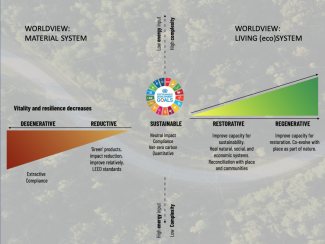
THEMES
All places and initiatives we study embody the whole of the city's complexity, and are seen in the light of their ecological, cultural, economic, and social life. That said, to give an impression of challenges we will encounter, here are three themes that run through the initiatives.
Commons & Community
How can local communities secure their wellbeing and good affordable housing in a growing, gentrifying, and densifying city? Exploring the potential of Community Land Trust, governance of communal land, and the conditions for collective action.

Food & the City
Shortening the distance between our food and our lives is essential for a resilient and sustainable future. The city does not end at its concrete borders, so how can we connect to- and sustain nature inclusive food production for Amsterdam?

Nature & Transition
How do we live with and as the natural world in a globalising city? How do we develop and maintain the regenerative capacity of the polders in the Scheg for future generations? What can be their function in nourishing the wider city's health and wellbeing?

Summer School Program
In this summer school students and practitioners work together to explore a series of key challenges to understand and develop the Tuinen van West Amsterdam as a regenerative city. Strengthen relationships, slow down to speed up the transition to a more regenerative city.
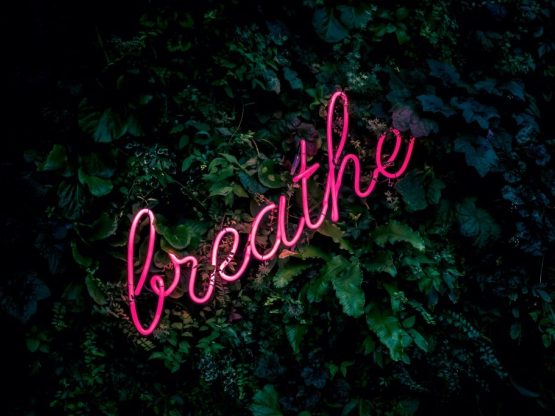
What to expect
A deep drive into regenerative leadership and our stewardship for a thriving city. Nature, fire, food, and conversations that matter. The city as our curriculum, with learning journeys, meeting key players, different kinds of knowing, unlikely allies, and places of potential. Creative and social interventions, dialogue, and reflection to liberate the potential of our communities and places. Mapping, probing, and sensing. Public programs and events to delve into what can make the city thrive.
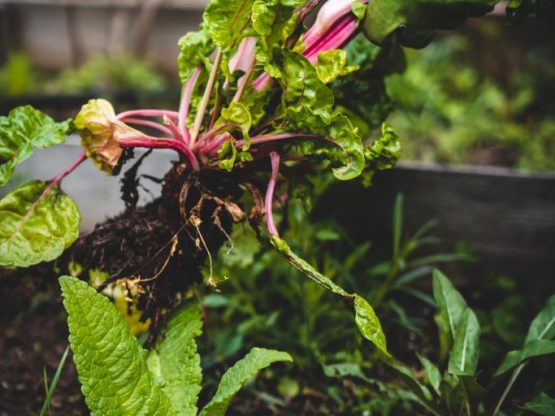
Information summer school
When?
- The physical Summer School lasts from Juli 7th to juli 14th , with a manifestation on July 22st.
- Online prep meetings on June 29th between 18h-20h. Here we tool up, and get the necessary background, start our action research, and build our community.
- Intake takes place Online June 22nd 17.00 – 19.00 hrs.
- Deadline registration June 22nd 2023
- 6 ECTS
- 3rd year Bachelor’s, Master’s, PhD and Honours students from TU/e, WUR and UU are welcome.
- The language of instruction is English.
- The week consists of workshops, fieldwork, community life, action research, team projects, personal growth, transformative learning experiences, nature connection, public programs, and closing manifestation.
- You will stay on a campsite (clamping safari tents, or your own tent if you prefer) in the area we study in the Amsterdam countryside, more info upon registration.
- There is no tuition, only the costs for breakfast and lunch, dinner is arranged.
- The program starts with an intake that will prepare you for the program. Let us know if you cannot make it on these days.
- UU students can register via Osiris. TU/e and WUR students register via EduXchange. .
- If this does not work, send an email to t.besselink[at]uu.nl for registration
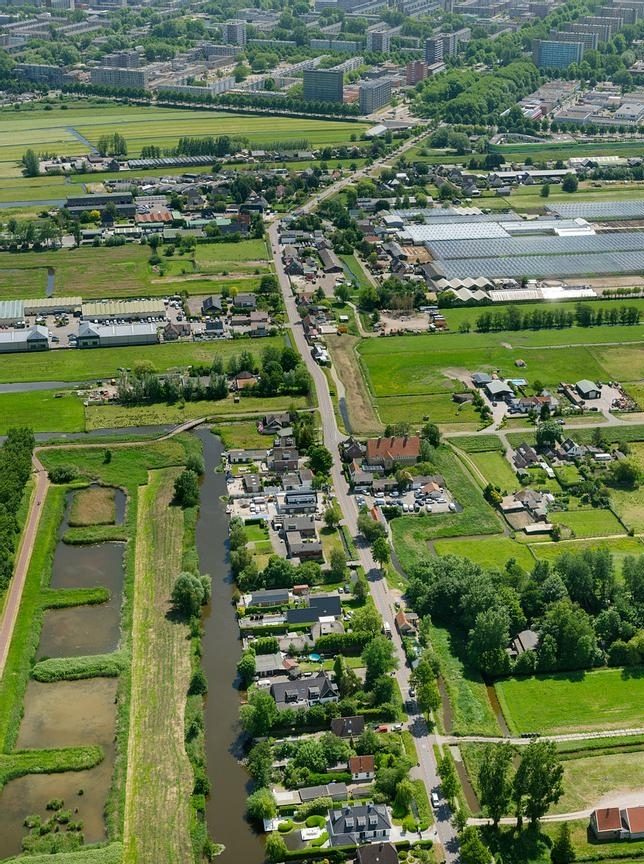
Program
Day 1: July 7th - collective start
Getting to know each other, the place, and challenges.
Day 2: July 8th - seeing
Workshops and first field work at pioneering initiatives in the city.
Day 3: July 9th - sensing
Field work sensing and mapping. Public program on the Ecological Turn
Day 4: July 10th - mapping
Various ways of hard and soft mapping
Day 5: July 11th - reframing
Reframing insights with experts
Day 6: July 12th - reflecting
Probing fieldwork. Nature Quest
Day 7: July 13th - designing
Interventions, making, preparations, and sense making
Day 8: July 14th - probing
Interventions, making, preparations, and sense making
Day 8: July 14th - integrating
Integrating all experiences
Day 10: July 22th - Exhibiting
Final integration, public exhibition & talks
July 22th at Stadslandgoed Nieuw West - Osdorperbovenpolder
Meet the growing community of hosts & collaborators
...

Dr. Thieu Besselink
Program Lead UU
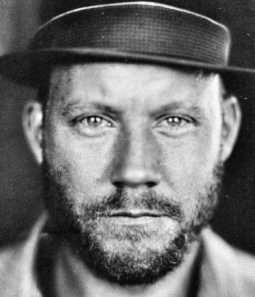
Wiendelt Hooijer
Mentor & Story Lead
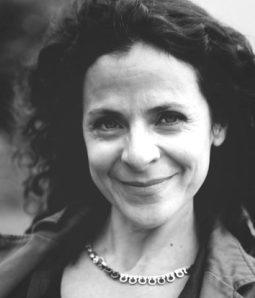
Claudia Rodrigues Ortiz
Terragon Nature Lab

Dimitra Mousa
Alliance Coordinator UU

Prof. Stephanie Rosenkranz
UU

Minne Belger
Terragon Nature Lab

Charlotte van Leeuwen
Host. Nature Quest, Bord&Stift

Sanne Kruijt
Regeneratie Academie

Antoine Heideveld
Groene Brein - Coöperatie SNW

Rense Bos
Yes & More

Godfrey Lado
Mentor & ASKV
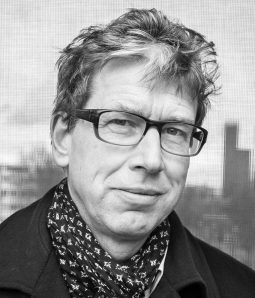
Prof Zef Hemel
TU Delft
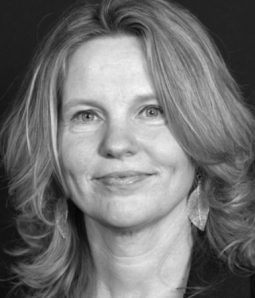
Karin Selbach
Directie Stadswerken Gem Adam



